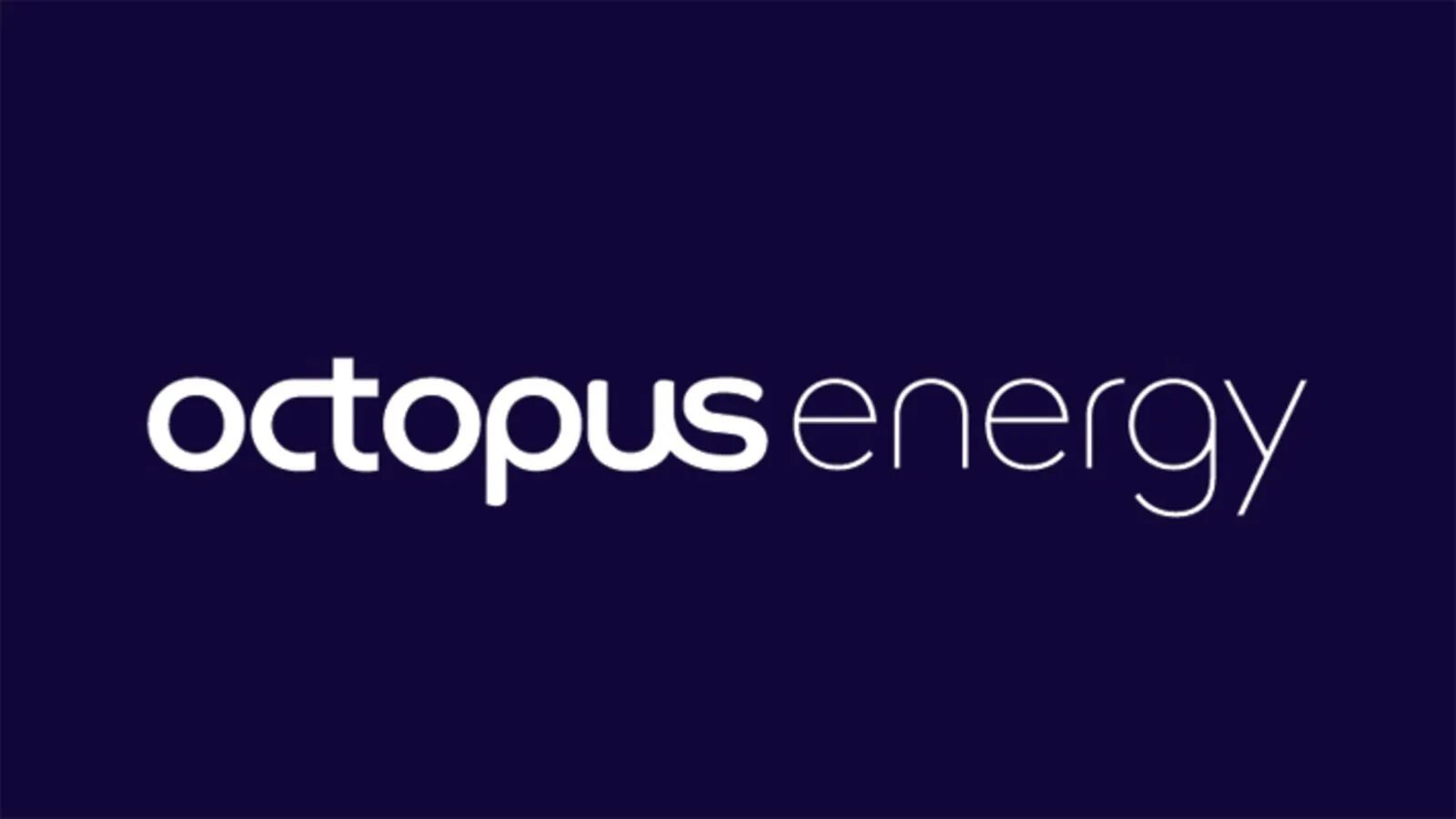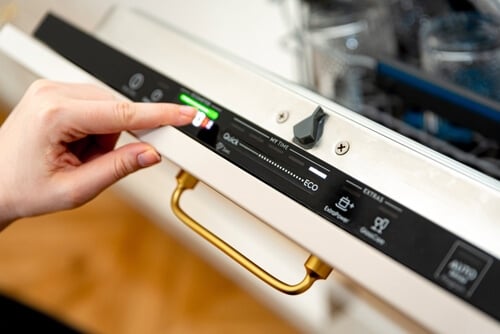Your business electricity standing charge is a set amount that you have to pay to keep a supply of electricity to your business.
The amount you pay depends on different circumstances.
So, how much are standing charges adding to your business energy bills?

What are business energy standing charges?
When looking for a new energy package, you should come across the term ‘standing charge’. The business energy standing charge is a set daily rate that you must pay regardless of how much energy you use. Even if you use no energy at all – say your business premises has been empty – you're still charged this fee.
The business electricity standing charge is the amount you pay to have your electricity supplied to your business, and for keeping you connected to the main energy grid.
The business gas standing charge covers similar costs for providing your gas supply.
Standing charges can vary significantly depending on your circumstances. What you pay depends on the business energy package you sign up to and can make a big difference to the cost of your business energy bills.
Compare business energy quotes
Do I have to pay a standing charge?
Almost every business energy package comes with a standing charge – so you just have to make sure you're paying the least amount possible.
You may find some suppliers claiming to offer energy deals with no standing charge, but they often feature higher-than-normal unit prices.
So, just because there’s no standing charge it doesn’t mean you’re likely to be paying less per month.
What is the average standing charge on business energy bills?
It can be difficult working out the average energy business rate standing charge. That’s because there are so many variables at play when it comes to calculating your business energy bills, including the size of your business and where it’s located, as well as how and when it uses energy.
How much are business gas standing charges?
Business gas standing charges depend on a number of things, like how much gas you use, the length of the contract you want and whether you need supply to multiple locations or not.
That’s why it can be difficult to give you an accurate quote without first having some information about your business.
The charge increases if your energy consumption does – and you have to pay this charge for the duration of your contract.
How much are business electricity standing charges?
There are currently no deals for business electricity without a standing charge. So the prices that UK energy suppliers are offering are all pretty similar. They often only really vary depending on your business’s specific requirements
For electricity, the standing charge covers the maintenance of the national grid and the physical supply of electricity to your premises.
It's important to know the size of your business before signing up to a new agreement. If you go in blind, you could end up being overcharged.
Are energy deals with no standing charge available?
The answer to this question is both yes and no.
Most energy suppliers insist on a daily commercial gas or electricity standing charge. Therefore, if you’re looking to enter a new business energy deal, it is highly likely that you have to pay.
Some energy suppliers do claim to offer business energy with no standing charge, but be careful. Energy packages with no standing charge often have higher kWh prices, so you pay more for every unit you use. This means you could end up paying much more for your energy depending on how much you use. Always be cautious and do your sums when comparing business energy suppliers without standing charges.
Instead of looking for a deal with no standing charge, it might be worth considering a small business energy account with a low standing charge. Although the unit rates on these deals are most likely to be higher than other deals. You might still save money if you don’t use an excessive amount of energy at your business premises.
In this instance, a low daily rate could help you cut costs without having to worry about your supplier making up the shortfall through excessively high unit rates.
Are no standing charge energy deals available for micro businesses?
When it comes to energy, your business is defined as a microbusiness if it meets or more of the following criteria:
- It employs fewer than 10 employees (or their full- time equivalent) and has an annual turnover or balance sheet no greater than €2 million; or
- It uses no more than 100,000 kWh of electricity per year or uses no more than 293,000 kWh of gas per year.
What are the pros and cons of no standing charge business energy deals?
Each energy package has its own advantages and disadvantages. And the same is true for no standing charge business energy deals.
We recommend you look into the various pros and cons of each before choosing what’s right for your business.
For example, an advantage of a no standing charge business gas deal is that you only pay for the gas that you use. This is particularly useful for seasonal businesses that may not operate at all for long periods of the year.
This contrasts with a deal featuring a standing charge, where you’d pay this fee every day, whether or not you’re actually using any gas.
However, as unit costs are likely to be higher, you'd be paying more for each unit of gas than you would on a package that includes a standing charge.







